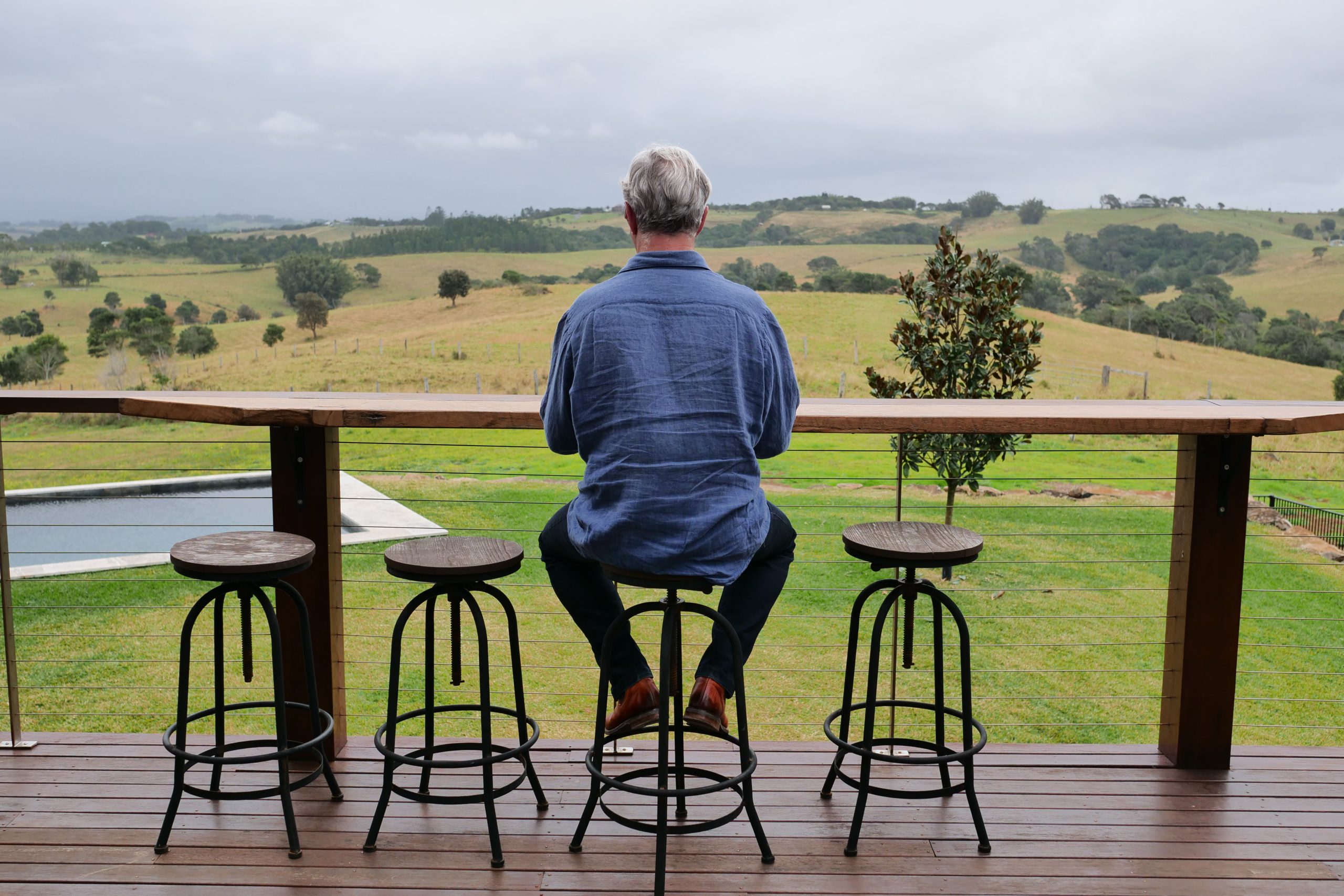Emotional resilience is not about being able to brush things off or forget them easily – it’s about acknowledging your feelings, and moving forward in spite of them. It requires us to notice when something impacts us emotionally (whether positive or negative), accept it for what it is and process why we feel the way we do.
Having emotional resilience means you can calm your mind after a negative experience. It’s how we hold ourselves through all the downsides in life’s journey. We are born with it and develop it further as we grow.
Achieving emotional resilience is an important part of living a full life. It doesn’t mean you’ll never experience stress or adversity again, but it means that when the tough times come and problems arise in your day-to-day life you have the mental tools to work through them and even accept them.
10 steps to build emotional resilience
People may have more diverse strengths and weaknesses than others, which can result in one group seeming more naturally resilient than another. However, everyone can take measures to improve their emotional resilience and better prepare themselves for any negative event.
Identify when you are struggling
Is sleep deprivation affecting you? Do you have a diminished appetite? Do you have an overwhelming sense of dread? If you’re experiencing any of these symptoms, it’s time to take care of yourself.
Create a distinction
You must understand that there is a distinction between who you are as a person, and what has brought you pain.
Build a positive support network
Try to surround yourself with individuals who will listen to your feelings and offer support while avoiding the impulse to ‘fix’ you. Create a positive-energy support group. Avoid toxic positivity – where negative emotions are dismissed completely without acknowledgement or initiative to improve.
Allow yourself to be imperfect
When you make a mistake, you don’t have to be ashamed; it’s simply a natural part of existence. One way to assist with this is to try not to do too many things at once; not everything has to be carried by you. This is just as true for others around you.
Practice acceptance
Life is full of changes, sadness, stress, and pain; rather than suppressing your emotions about it, you must learn to accept the situation. It’s all about acknowledging your feelings and accepting that they’ll pass.
Remember you don’t have to have all the answers
Accepting that you cannot have all the answers is just as important for your journey of healing as accepting that there is an issue at all.
Keep things in perspective
When confronted with daily issues, consider them from a new angle. Is it possible that it’s funny, an expression of kindness, or a sign? Not every bad circumstance has to be taken at face value.
Set realistic goals
Take some time to evaluate your life and set yourself some achievable goals. Keep at it and don’t give up.
Express yourself through creativity
It’s never a bad idea to clear your mind once in a while by coming back to the present moment and focusing on something else. Some excellent ways to do this are through exercise, baking or cooking, practicing self-care, talking with friends and family.
Treat yourself as a friend
What would you tell a friend if they were in a similar situation? Give yourself the same amount of love, kindness, and encouragement that you’d give to your closest friend. Treat yourself with care and compassion and remain encouraging.
Achieving emotional resilience is an important part of living a full life and not being overcome by negative thoughts and experiences in your day-to-day existence.
If you have any questions or would like to further develop your emotional resilience while recovering, please contact us.





